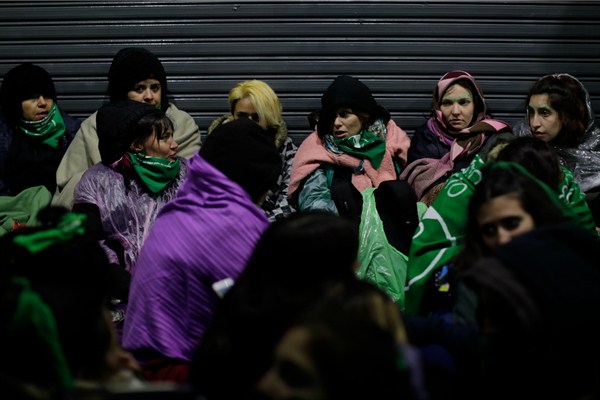USULUTAN, El Salvador—Imelda Cortez, a 20-year-old Salvadoran woman, was at home one evening in April 2017 when, seemingly out of nowhere, she began experiencing sharp abdominal pain. Suspecting a flare-up of her colitis, she went into the bathroom, where, to her astonishment, she gave birth to a baby girl. She would later say that she hadn’t even known she was pregnant.
Her mother called for help, and Cortez was rushed to the hospital. Doctors found no signs of induced labor or any other indications that Cortez intended to harm her child. Nevertheless, one of the doctors accused her of trying to have an abortion and reported the case to the police. Abortion is illegal in El Salvador, and Cortez was arrested and eventually charged with attempted murder. The charge carries a possible sentence of 20 years in prison.
Though prosecutors gathered witness testimony and medical and psychological reports to make their case, Cortez’s lawyers insisted they had no compelling evidence. “The accusation is based on speculation,” Bertha de Leon, one of the lawyers, told me in November when she went to a courthouse in Usulutan, a small city in southeastern El Salvador, for a hearing that was ultimately postponed. “Nobody cares about defending her legal process.”

